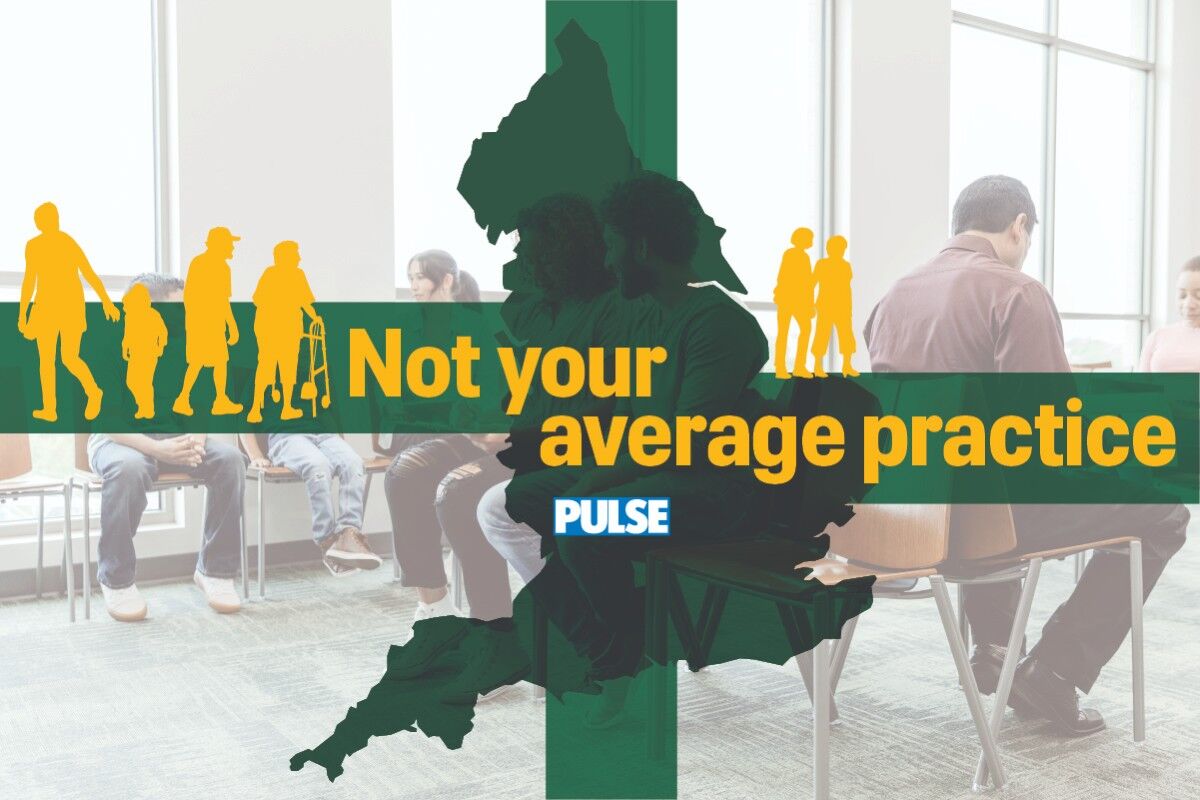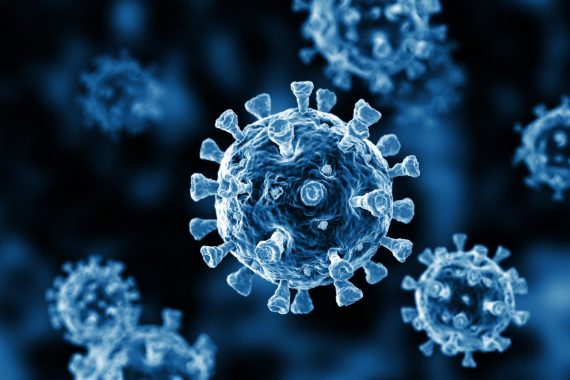GPs and practice staff are not exempt from self-isolation if they are a close contact of a ‘suspected or confirmed’ Omicron Covid case, new Government guidance has said.
They are not considered a close contact if wearing PPE correctly.
But new guidance, published by the UK Health Security Agency (UKHSA) last week, has said that this no longer applies if the contact might be linked to the new Omicron variant of concern.
The guidance for healthcare workers – including GPs and practice staff – said: ‘Staff members notified that they are a contact of a Covid-19 case are not required to self-isolate if they are fully vaccinated.
‘This does not apply if they are identified as a close contact of a suspected or confirmed case of infection with the Omicron variant.’
Healthcare staff in this situation must take a PCR test and self-isolate for a ‘full ten days’, even if they are within 90 days of a previous positive PCR test result, it added.
Those who are unvaccinated or partially vaccinated but usually exempt from contact isolation – due to being under 18, medically unable to be vaccinated or part of a Covid vaccine clinical trial – will also ‘not be exempt’ if their contact is a ‘confirmed or possible’ Omicron case, it said.
It added that healthcare workers who are unvaccinated and exempt from self-isolation in the community ‘should not attend work or should be redeployed for the period of time they would be required to self-isolate’.
However, the guidance reiterated that staff providing care to or in close contact with a Covid case will not be considered a contact for the purposes of contact tracing and isolation if they are wearing ‘the correct PPE appropriately’ and in line with guidance.
The UKHSA guidance also set out:
- Healthcare workers returning from non-red list countries can go back to work if they have a negative PCR but must take daily negative LFD antigen tests until day 10 after return
- All those who come into contact with Covid cases should ‘remain vigilant to the possibility of contracting infection’ whether or not they are protected by PPE or other measures
- Staff who test positive via PCR can return to work after their isolation period has ended, provided their symptoms have improved, they have been afebrile for 48 hours without medication to control fever and they are ‘medically fit to return’
- They can return to work if they still have any of the other Covid symptoms and ‘are fit enough to do so’
- Staff who test positive via PCR but were asymptomatic at the time of the test can return to work after completing the isolation period if they do not develop symptoms, but otherwise must self-isolate for ‘10 full days from the day of symptom onset’ and can only return ‘subject to improvement of symptoms’
- Those who are not severely immunosuppressed and previously tested Covid-positive via PCR ‘should be exempt from routine re-testing’ within 90 days of their initial illness onset or test date unless they develop new Covid symptoms, are identified as an Omicron contact or are required to take a PCR test upon entry into the UK
- A ‘clinical risk assessment should be used to decide whether new infection is a possibility
- If PCR-positive within 90 days from initial illness onset or prior positive PCR, a ‘clinical risk assessment’ informed by the advice of an ‘infection specialist’ should determine whether reinfection is a possibility and ‘inform subsequent action including whether isolation is required’ – with ‘additional consideration’ given to whether they could be a case of a ‘new and emerging variant’
- If PCR-positve 90 days or more after initial illness onset or prior positive test, the individual should be considered as a ‘possible new infection’ and must immediately self-isolate from when symptoms started or the test date if asymptomatic
Meanwhile, an NHS England GP bulletin sent to practices yesterday confirmed that ‘at this stage’ infection prevention control (IPC) guidance for healthcare settings ‘remains unchanged’.
It said: ‘We would urge you and your teams to continue to adhere to the guidance and ensure you and your teams are vaccinated to protect you and your patients.’
IPC guidance, updated last month, said that recommendations for wearing face masks in GP practices will not be lifted before spring next year at the earliest.
The guidance was also broadened to include other respiratory infections flu and RSV as well as Covid-19.
And GPs were last month advised to order a PCR test for patients who have returned from a number of African countries in the past 10 days and isolate them in a side room ‘if possible’ to curb the spread of Omicron.
Click to complete relevant Covid-19 CPD modules on Pulse Learning.











More bullet points. Less of plan. Great Britain.
Probably best just close the Practice for the duration. You can’t be too careful.
Should tie in your shoelaces and remember to take your house keys.